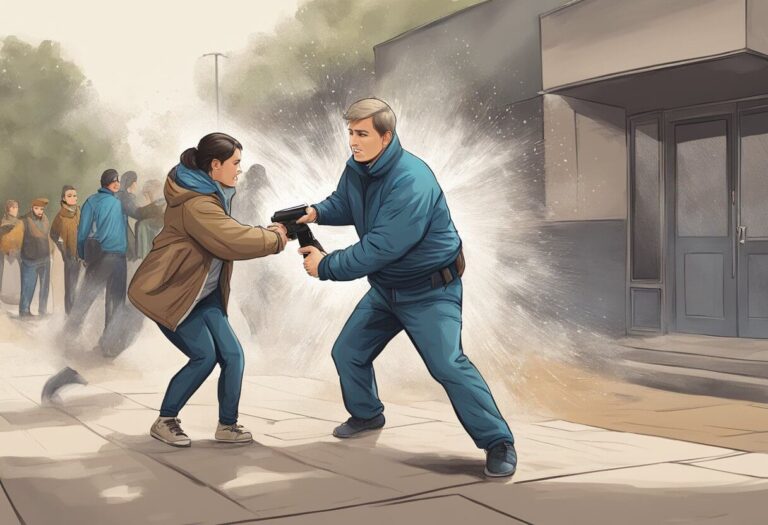Is Mutual Combat Legal in California? Exploring the Law

The short answer is no, mutual combat is generally not legal in California. However, there are certain exceptions and nuances to this law that are important to understand. In this comprehensive guide, we will explore the legality of mutual combat in California, the specific laws and regulations surrounding it, and the potential consequences of engaging in such activities.
What is Mutual Combat?
Mutual combat refers to a situation where two or more individuals voluntarily agree to engage in a physical altercation or fight. This differs from cases of self-defense, where one party acts to protect themselves from an unprovoked attack. In mutual combat, both parties willingly participate and consent to the fight.
California Laws on Mutual Combat
While mutual combat was historically more accepted as a means of settling disputes, most states, including California, have laws prohibiting such activities. In California, engaging in mutual combat can be considered assault and battery, and participants can face criminal charges.
According to the California Penal Code, assault is defined as an intentional attempt to inflict violent injury upon someone else, while battery involves the actual use of force or violence against another person.
Exceptions to the Mutual Combat Law
There are a few exceptions to California’s laws against mutual combat:
- Sanctioned Sporting Events: Mutual combat is permitted in the context of regulated and sanctioned sporting events, such as boxing or mixed martial arts (MMA) competitions. These events are subject to specific rules and regulations to ensure the safety of participants.
- Self-Defense: If one party initiates the fight and the other party acts in self-defense, the self-defense claim may be a valid defense against assault or battery charges.
- Mutual Combat as a Defense: In some cases, mutual combat can be used as a defense against assault or battery charges if certain conditions are met:
- The defendant tried in good faith to stop fighting.
- The defendant clearly indicated, through words or actions, their desire to stop fighting in a way that a reasonable person would understand.
- The defendant gave their opponent a chance to stop fighting.
It’s important to note that even if the above conditions are met, the defendant may still face charges if the fight resulted in serious bodily injury or if deadly weapons were involved.
Consequences of Engaging in Mutual Combat
Engaging in mutual combat in California can have serious legal consequences. Depending on the circumstances, participants may face charges such as:
- Simple Assault: A misdemeanor charge punishable by up to six months in county jail, a fine of up to $1,000, or both.
- Aggravated Assault: A “wobbler” offense, meaning it can be charged as either a misdemeanor or a felony, depending on the severity of the case.
- Battery: A misdemeanor charge punishable by up to six months in county jail, a fine of up to $2,000, or both.
- Aggravated Battery: Also a “wobbler” offense, with more severe penalties for cases involving the use of a deadly weapon or great bodily injury.
In addition to criminal charges, participants in mutual combat may also face civil liability if their actions result in injuries or damages to others or their property.
Alternatives to Mutual Combat
Instead of engaging in mutual combat, there are several legal alternatives for settling disputes or resolving conflicts:
- Mediation: A neutral third party facilitates a discussion between the parties to reach a mutually agreeable solution.
- Arbitration: A private process where a neutral third party (an arbitrator) hears arguments from both sides and makes a legally binding decision.
- Litigation: Pursuing legal action through the court system to resolve disputes.
- Counseling or Anger Management: Seeking professional help to develop healthier coping mechanisms and conflict resolution skills.
Conclusion
In summary, while mutual combat was once a more accepted practice, it is generally illegal in California, with a few exceptions. Engaging in mutual combat can result in serious legal consequences, including criminal charges and civil liability. It is advisable to explore alternative dispute resolution methods and to seek professional help if needed to resolve conflicts in a legal and non-violent manner.


![Are AR Pistols Legal in California? [Definitive 2024 Guide] 3 Are AR Pistols Legal in California? [Definitive 2024 Guide]](https://legalinformers.com/wp-content/uploads/2024/03/are-ar-pistols-legal-in-california-768x525.jpg)



